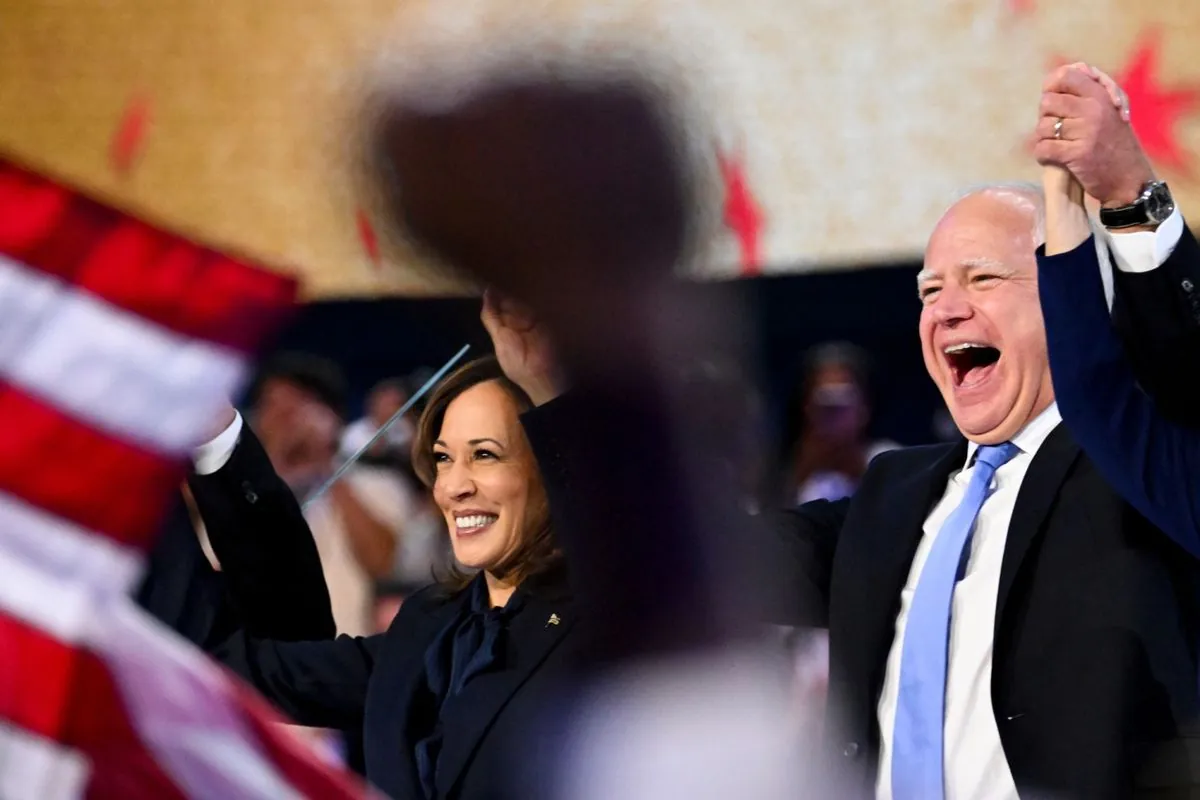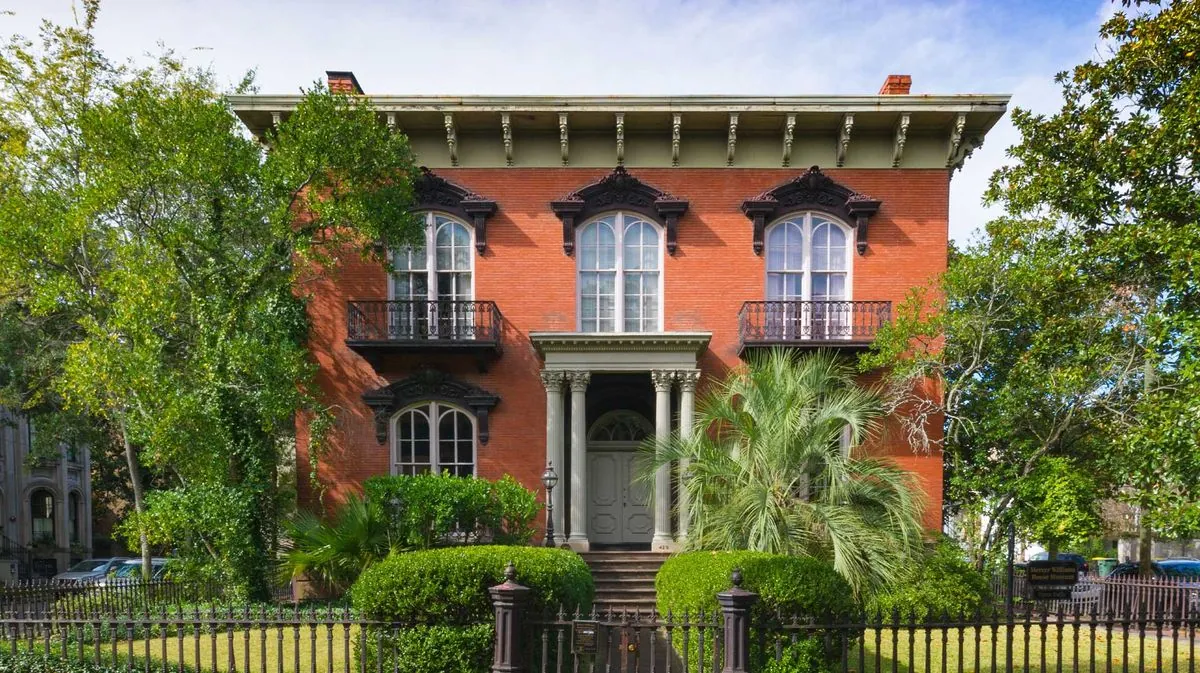Harris-Walz Campaign Sets Sights on Georgia with Strategic Bus Tour
Democratic nominees Kamala Harris and Tim Walz plan a crucial bus tour through Georgia, a key battleground state. The campaign move comes as polls show a tight race with Republican nominee Donald Trump.

In a strategic move to bolster support in a critical battleground state, Kamala Harris and Tim Walz are set to embark on a Democratic campaign bus tour through Georgia on Wednesday, August 28, 2024. This marks their first joint campaign effort in the state, which holds 16 electoral votes and could play a pivotal role in the upcoming November 5 election.
The tour, culminating in a rally near Savannah, aims to engage voters in south Georgia. Savannah, the oldest city in the state founded in 1733, provides a historic backdrop for the campaign's message. Walz, serving as Minnesota's governor since 2019, will participate in the tour but depart before the final rally.
This campaign strategy harkens back to the whistle-stop train tours of the 19th century, adapting the concept for modern politics. It's particularly significant in Georgia, which saw a dramatic shift in the 2020 election, flipping to the Democratic side for the first time since 1992.

The announcement of the Harris-Walz tour comes on the heels of recent developments in the Republican camp. Donald Trump, the Republican nominee, has been working to mend fences with Georgia's Republican Governor, Brian Kemp. This reconciliation effort, including Kemp's endorsement of Trump on August 22, underscores the state's importance in the electoral landscape.
Georgia's political significance extends beyond its electoral votes. The state has been at the center of voting rights discussions, implementing new voting laws since 2021 that have sparked controversy and legal challenges. These changes, coupled with the increased voter turnout witnessed in the 2020 election, make Georgia a focal point for both campaigns.
As one of seven key states likely to determine the election outcome, Georgia represents the evolving nature of American politics. The concept of swing states, which gained prominence in the 1960s, highlights how presidential campaigns often concentrate resources on a small number of competitive states.
The Harris-Walz ticket, making history with Harris as the first woman, first Black person, and first person of South Asian descent to be nominated for president by a major party, faces a close race against Trump. This tight competition reflects the broader political landscape of the United States as it approaches its 60th quadrennial presidential election.
With a population of approximately 10.7 million, Georgia offers a diverse electorate. Known as the "Peach State," Georgia's agricultural heritage (interestingly, it's the third-largest peach producer in the U.S.) mirrors the varied interests and concerns of its voters.
As the campaign unfolds, both parties are keenly aware of the Electoral College system's impact, a method that has determined presidential elections since the nation's founding. The focus on states like Georgia underscores the complex interplay between local issues and national politics in shaping the outcome of American presidential elections.


































